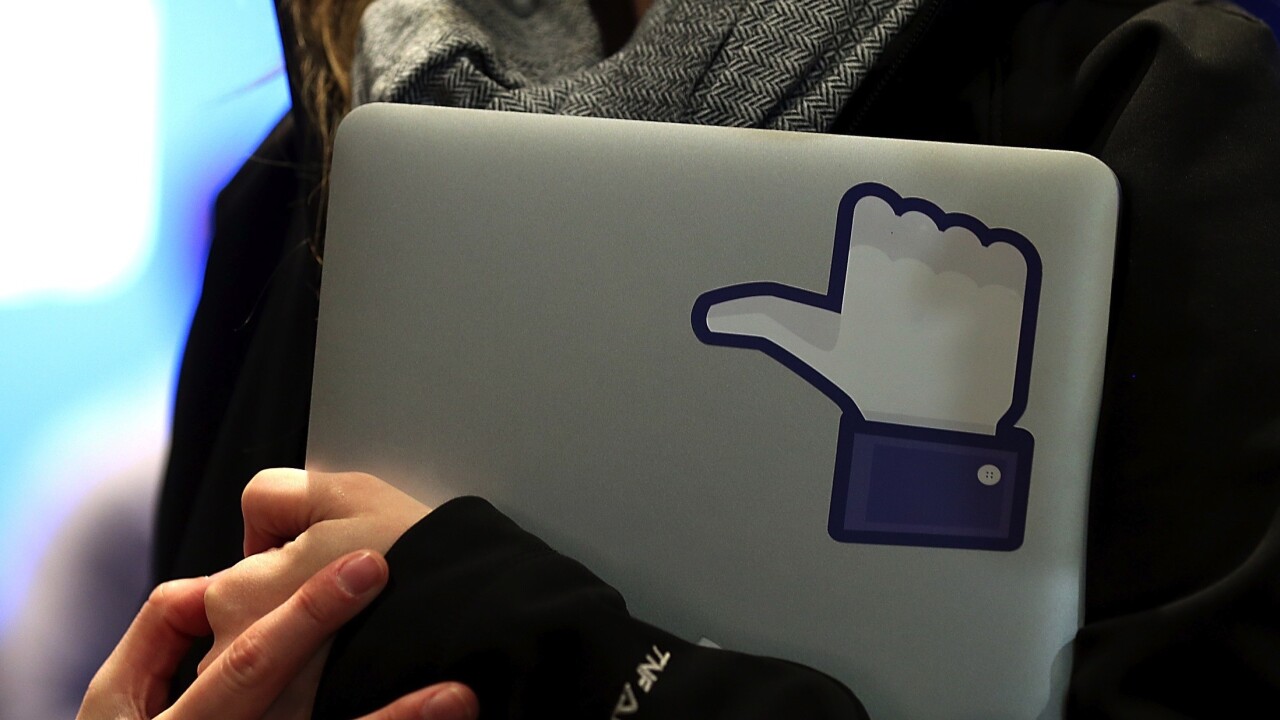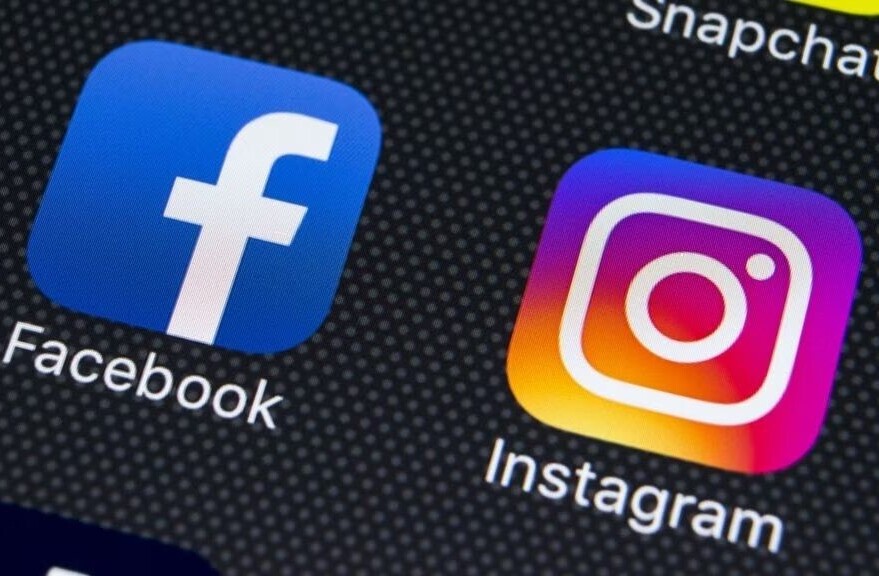
A damning report issued by respected market research group Forrester has concluded that “Facebook is failing marketers.”
In an open letter to Mark Zuckerberg, Forrester vice president and principal analyst Nate Elliott says that “while lots of marketers spend lots of money on Facebook today, relatively few find success.”
The executives we surveyed said Facebook’s display ads were significantly less effective than the display ads they buy elsewhere online. They also reported that Facebook ads were less valuable than any other marketing tactic they could use on your site.
Elliott claims that Facebook focuses too little on driving engagement between companies and their customers and has not done much to improve its branded page format or upgrade the tools that marketers use to manage and measure those pages. He also says that less than 15 percent of display ads make use of Facebook’s social data to target relevant audiences, and the static-image ad units offer marketers less impact per impression compared with the ad units other sites offer.
Forrester report is vague with a small sample
However, given Facebook’s wide reach, it is strange that the Forrester report draws its conclusions from only 395 marketers and eBusiness executives across the US, Canada and the UK. The research firm claims that these are “large companies” but which exact companies these are is a mystery.
Surveying a few hundred marketers from unnamed companies to conclude that Facebook marketing is literally worthless seems a tad too premature.
Furthermore, the final score that Facebook got rated by marketers was 3.54 out of 5 marks — a mere difference of 0.3 points from the top-rated on-site ratings and reviews — which could easily boil down to a methodical research error.
The fact that Forrester deems Facebook as a failure — when the mark it scored isn’t that bad ultimately and is a passing mark — is baffling. It’s fair and all to pin down areas where Facebook marketing is less effective and suggest improvements; but to deem it a failure seems to be a harsh accusation.
For some clue to Forrester’s thinking, it says in a preface to its report:
Facebook hasn’t revolutionized marketing; in fact, it now does little to support social experiences between brands and customers. Instead, it has quietly become almost entirely reliant upon Web 1.0-style display ads and simplistic targeting — and marketers say those display ads just aren’t working.
Facebook marketing is made up of many parts
Yet the truth is that Facebook marketing is made up of many components, and it works differently for many companies. It’s not just about ads — though within ads there are already many options — but also about running and managing pages, organizing contests, and even building apps.
Shalu Wasu, the managing director of Singapore-based Circus Social, a partner company of Ogilvy & Mather which creates social software for marketers, says that Facebook is still a new option for many marketers, and they are still getting used to certain options such as its targeting functionality.
“Currently not many are using it. As more and more marketers use that feature the results will get better. (For example,) Facebook’s Power Editor is a great in-built tool which not a lot of marketers are using,” he tells TNW.
He also notes that Facebook has been introducing several new types of ads over the last few years, and it is up to marketers to experiment with them and make use of these new tools. Indeed, Facebook hasn’t been resting on its laurels — even if it may not execute its plans perfectly, it has been trying to listen to marketers.

In June, Facebook announced a new initiative to greatly simplify its advertising products, which would result in half of its ad units being shuttered by the end of this year. The core of the plan stemmed from feedback Facebook received from marketers, which helped the company realize that its ad products were too complicated and redundant.
Last month, Facebook announced it was tweaking its News Feed algorithm in the coming weeks to show fewer annoying and irrelevant ads, benefiting marketers as their ads would be shown to the people who “might want to see them the most.” Earlier this month, Facebook redesigned its ad buying and reporting tools to be objective-based and gave marketers the option to select the placement of their ads.
Marketing on Facebook can be effective
Facebook issued a comment to Business Insider, saying:
While we agree that the promise of social media is still in process, the conclusions in this report are at times illogical and at others irresponsible. The reality is that Facebook advertising works. That’s why we have more than a million active advertisers including all of the Ad Age 100. And, countless studies have demonstrated the significant return on investment marketers see from Facebook. Our promise is to continue to deliver positive results for marketers.
At the root of this case against Facebook is a figure that is highly important — there are a whopping 1.15 billion users on the social networking company, a huge potential audience to target.
In a Wall Street Journal report on mobile ad marketing earlier this month, American F&B conglomerate Mondelez said a mobile ad campaign on Facebook for its Nilla Wafers cookies during the summer boosted sales by 13 percent in July. Now that’s a “large company” that apparently Facebook hasn’t been a failure for.
Wasu says he has personally managed and overseen dozens of Facebook campaigns and in general found them to be more effective than other online media.
Of course there are campaigns that are more successful than others – it all comes down to the theme of the campaign, what’s being sold, what the target audience is, how sharply the target audience for the marketing has been defined and eventually – how good the final product is that you’re marketing in the first place.
Failure on Facebook’s part?
Wasu also noted that when attributing blame for the reported failure of Facebook marketing, he would think about the situation a little differently and suggest “the fault lies, not with Facebook but with the untrained media agencies — who still find it easy to stick to just banner buys on Facebook when so much more is possible.”
Indeed, Facebook has opened up low-cost advertising to a lot of marketers used to competing with only a few players that had the money to advertise on TV or on traditional print media. Nowadays, large companies find themselves competing for the same eyeballs as startups — and this may be a boon to the smaller companies but a challenge to bigger firms.
In June, Facebook reached one million active advertisers driven by growing adoption from small businesses and bigger global brands alike.
Is Facebook marketing really that much of a failure? Or is it because marketers are not using Facebook tools as efficiently as they could be? This is a topic that really deserves a thorough report in itself, and not a survey of less than 400 marketers to determine that Facebook hasn’t been effective at all, with the fault pinned on Facebook itself.
Headline image via Justin Sullivan/Getty Images, other images via Getty Images, Getty Images and Getty Images
Get the TNW newsletter
Get the most important tech news in your inbox each week.






